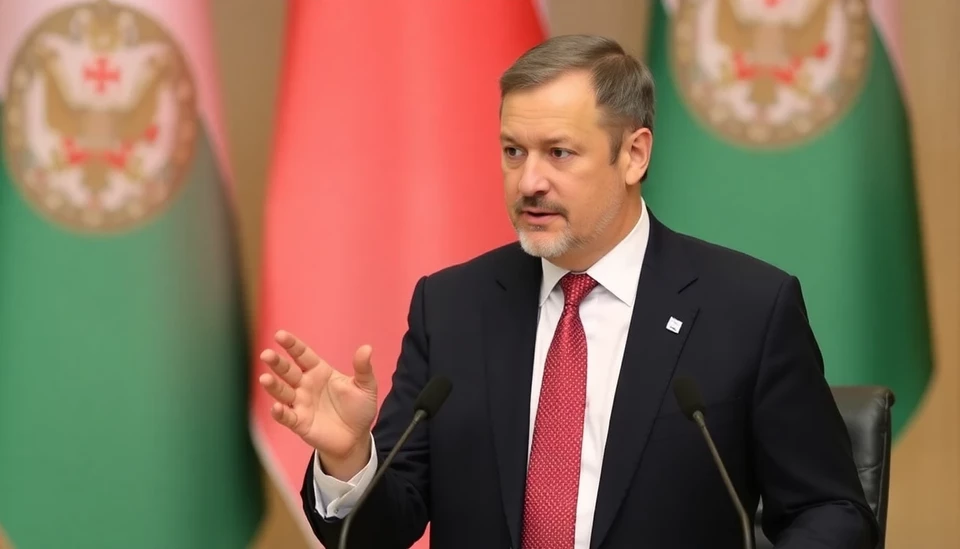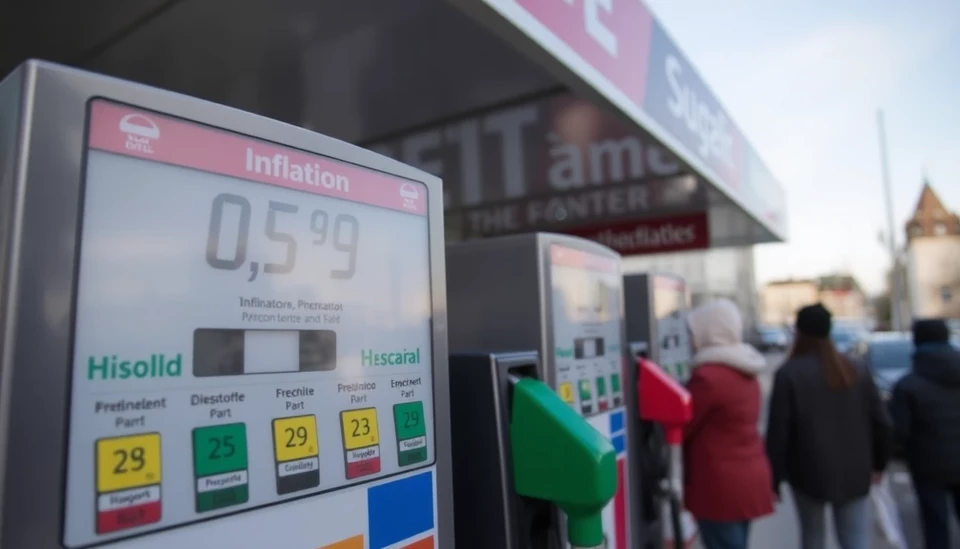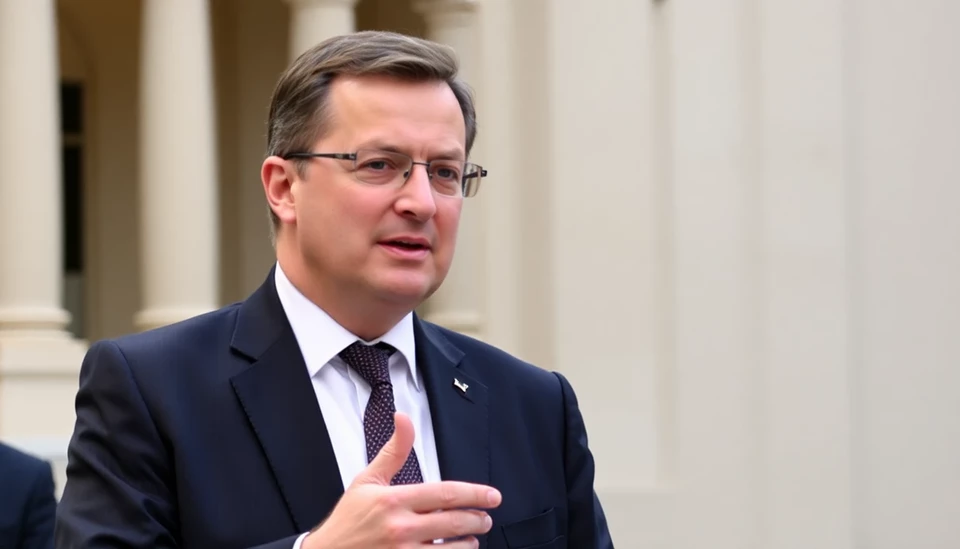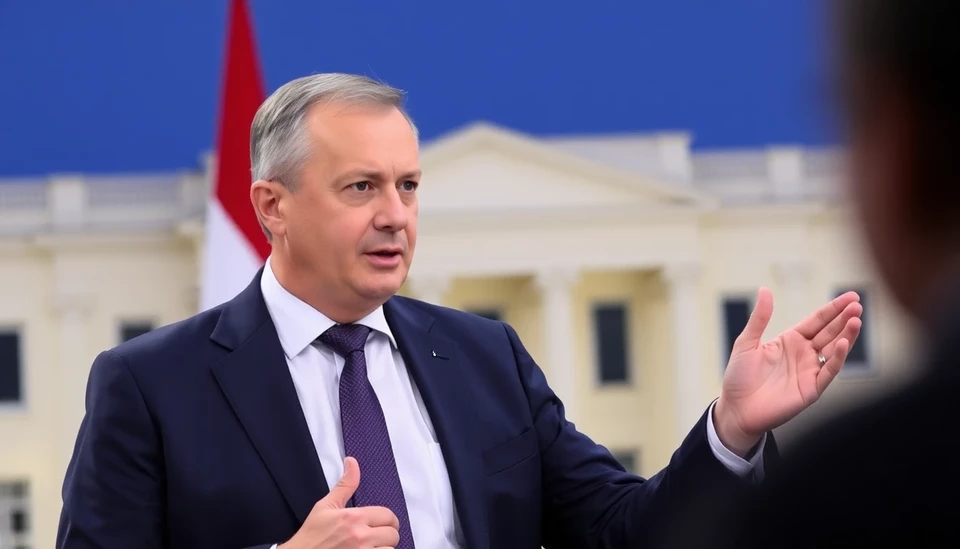
In a significant political move, Hungarian Prime Minister Viktor Orbán is preparing to appoint a new central bank chief in the coming days. This decision comes at a critical time as the country grapples with an economic landscape marked by high inflation and a weakening currency.
The incumbent central bank president, György Matolcsy, known for his often controversial monetary policies, is expected to be replaced. Matolcsy has held the position since 2013 and is seen as a key figure in Orbán’s economic strategy. His tenure has been characterized by unconventional approaches, including a focus on growth over traditional goals of inflation targeting.
As Hungary struggles with an annual inflation rate hovering around 20% and a decline in the forint, Orbán’s decision to seek new leadership at the Hungarian National Bank (MNB) reflects the urgent need for a shift in economic strategy. The weakening of the currency has raised concerns not only for consumers but also for investors, prompting questions about the stability and direction of the Hungarian economy.
The appointment of the new central bank chief is expected to send a strong signal to both domestic and international markets regarding the government’s approach to monetary policy. Analysts anticipate that Orbán will choose a candidate who aligns closely with his administration’s economic priorities, particularly in light of the challenges posed by rising prices and currency instability.
In the coming days, speculation around potential successors is expected to intensify. Candidates with backgrounds in financial markets or related governmental experience may emerge as frontrunners, as Orbán seeks someone who can not only navigate the current economic turmoil but also restore confidence in Hungary’s monetary authority.
This anticipated leadership change at the MNB is indicative of a broader recalibration within Orbán's government as it responds to growing criticism over its handling of the economy. With rising dissatisfaction among the populace regarding living costs, the new central bank chief will face immediate pressure to address these pressing issues while guiding Hungary toward a more stable economic future.
The ramifications of this appointment will likely reverberate throughout the European Union, as Hungary's economic challenges are part of a larger discussion concerning fiscal policy and adherence to EU standards. Observers will be keenly watching how the new central bank leadership navigates these complex dynamics.
As Orbán prepares for this crucial decision, the eyes of both national and international stakeholders will be firmly fixed on Budapest, awaiting the announcement that could shape Hungary's economic trajectory for years to come.
#Hungary #Orbán #CentralBank #EconomicPolicy #Inflation #Forint #MonetaryPolicy #Finance #LeadershipChange #MNB
Author: Rachel Greene




